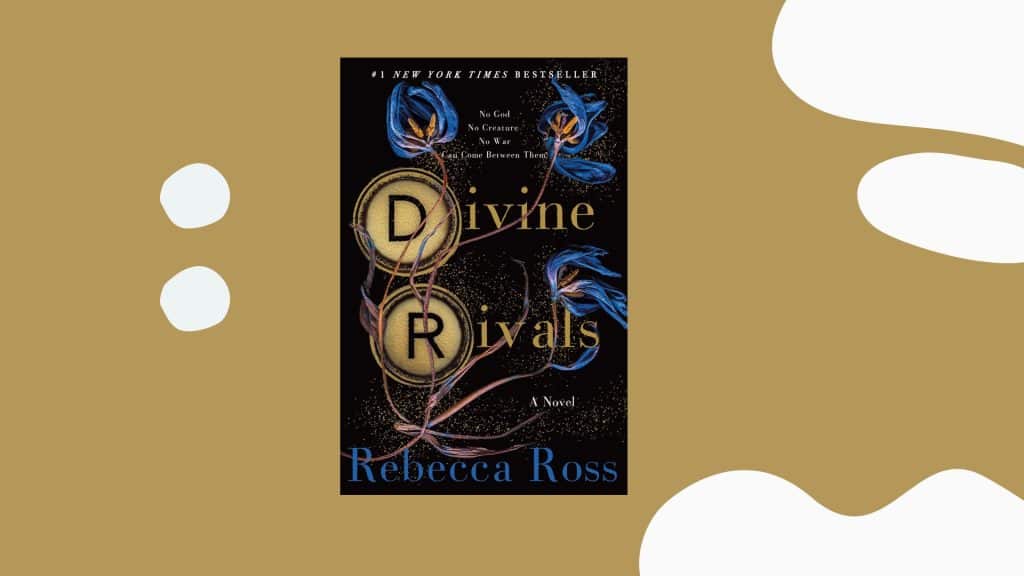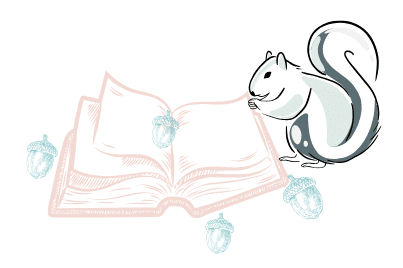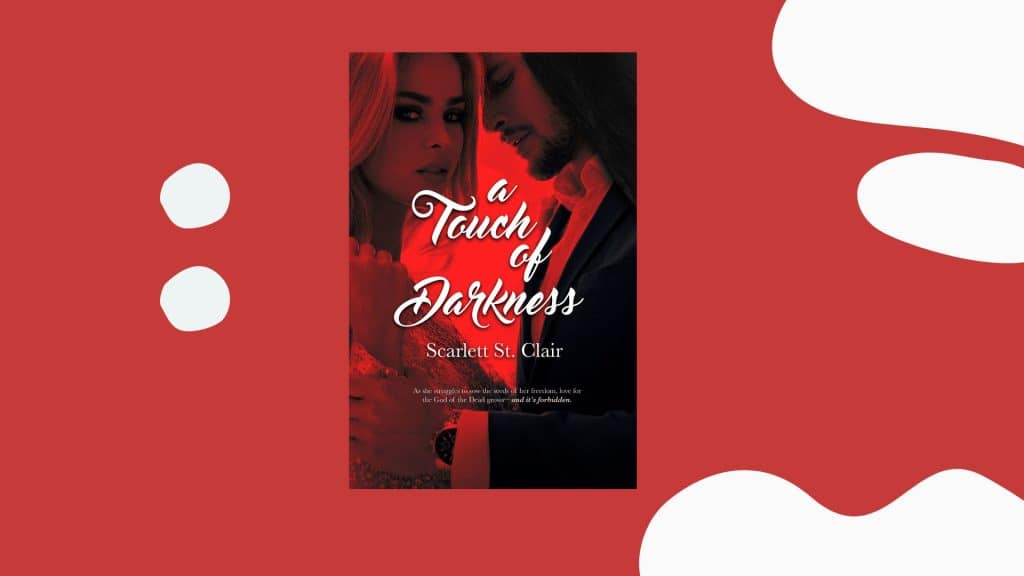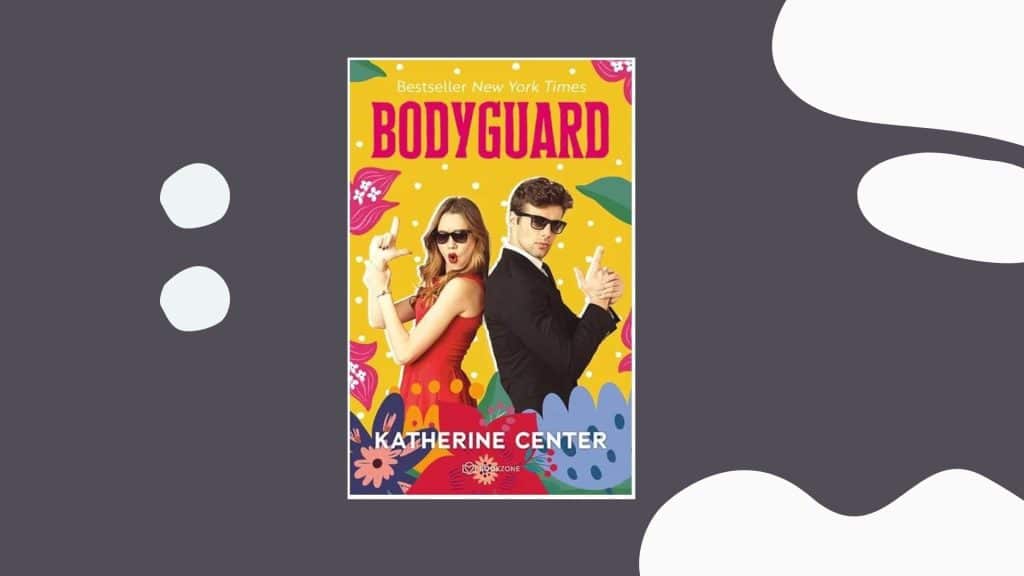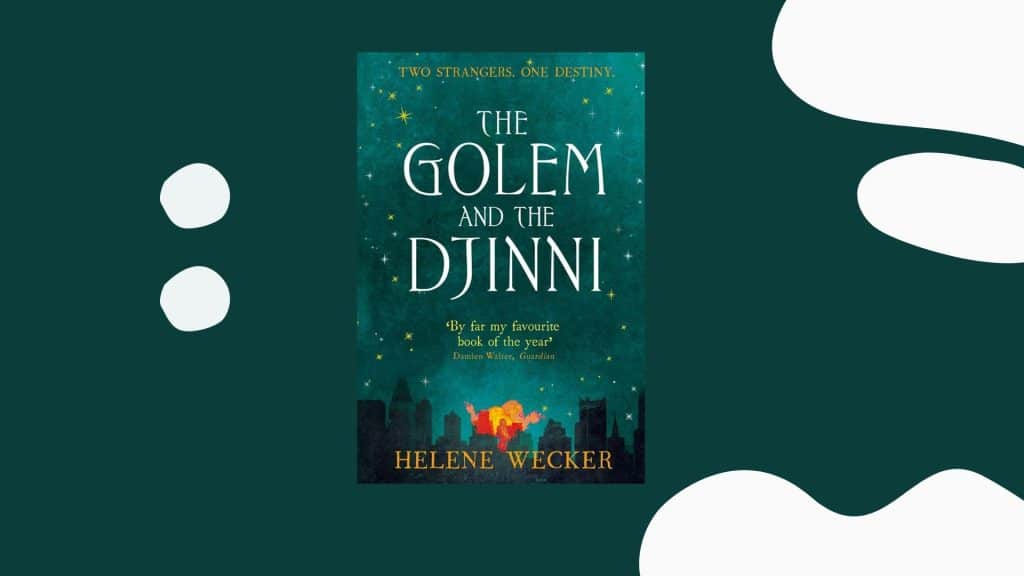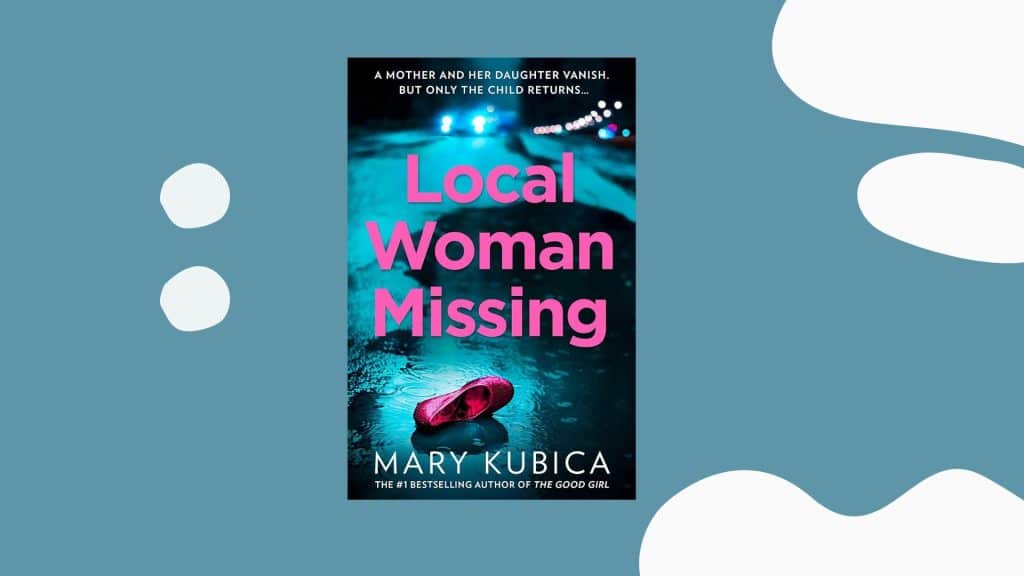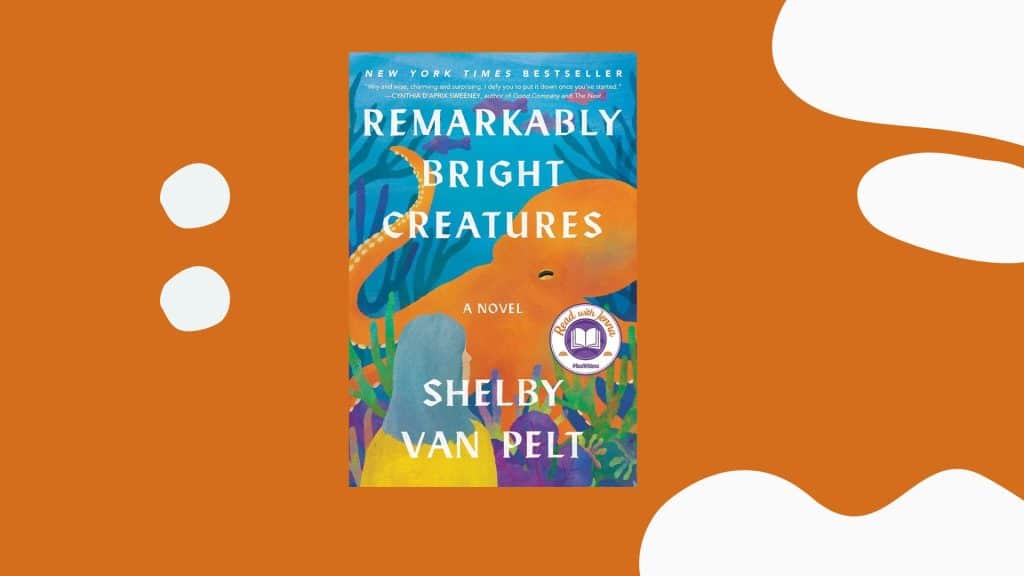Some of us fall in love with our friends, and some of us fall in love with our rivals. — Rebecca Ross, Divine Rivals
If you’ve read Divine Rivals by Rebecca Ross, you know it’s filled with complex characters who navigate a world where gods walk among mortals and typewriters hold magical powers.
This enchanting fantasy romance follows two rival journalists whose lives become intertwined through anonymous letters exchanged via magical typewriters. Meanwhile, a devastating war between gods threatens their world.
In this blog, we’ll examine the main characters in Divine Rivals, from the determined Iris Winnow to the enigmatic Roman Kitt and the gods who shape their destinies. Each character brings depth and nuance to this tale of rivalry, love, and the power of words.
If you’re curious about who’s who, their motivations, and their relationships, keep reading!
Plot Summary
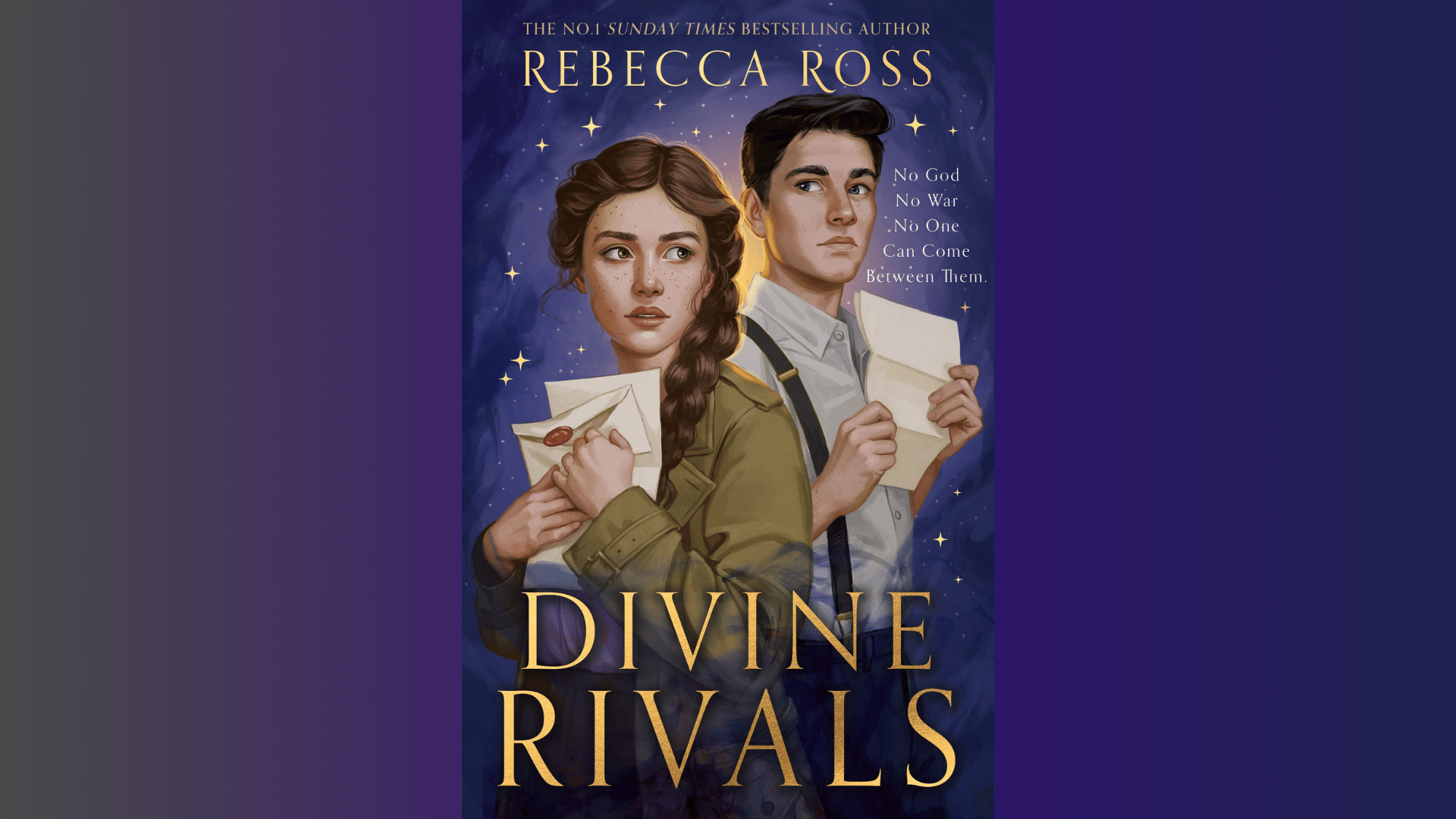
Words have power. They can wound and they can heal. They can inspire and they can destroy. — Rebecca Ross, Divine Rivals
Divine Rivals takes place in the world of Dacre, a realm reminiscent of early 20th-century Europe, where gods actively participated in human affairs.
The story begins in the city of Oath, where twenty-two-year-old Iris Winnow works as a junior reporter at the Oath Gazette, writing for the domestic columns while dreaming of becoming a war correspondent like her missing brother, Eli.
When Roman Kitt, her professional rival, secures the war correspondent position she coveted, Iris is devastated but determined to prove herself. Opportunity arrives when Roman is suddenly sent to the front lines of the Manifestation War—a devastating conflict between gods—leaving his popular gossip column vacant.
Meanwhile, Roman finds himself in the thick of the war, witnessing firsthand the horrors of a conflict where gods use humans as pawns. Before leaving, Roman discovers an old typewriter in the newspaper’s archives that allows him to communicate across vast distances. To his surprise, when he writes on this magical device, his words appear on Iris’s typewriter back in the city.
Unaware of each other’s identities, Roman and Iris begin an anonymous correspondence through their connected typewriters. As they exchange letters, they gradually open up about their fears, hopes, and personal struggles. Through their words, an intimate connection forms—even as they continue to clash as professional rivals in the real world.
As Iris investigates her brother’s disappearance, she uncovers connections to the gods’ conflict and realizes that the Romans might be involved with the very forces that took her brother away. Meanwhile, Roman struggles with his unwilling service to Attis, a god who has bound him in a divine contract.
The war escalates as the gods’ conflict spills further into the mortal realm, putting both Iris and Roman in increasing danger. Their anonymous letter exchanges become a lifeline for both of them, even as their professional rivalry and the truths they uncover threaten to tear them apart.
The story builds toward revelations of identities and a confrontation with divine powers that forces both protagonists to choose between duty, truth, and their growing feelings for each other. It ends with significant questions unanswered and sets up the sequel.
Main Characters and Arcs in Divine Rivals
I think the mistake we make is believing there is only one path—one way to live, one way to love, one way to grieve. — Rebecca Ross, Divine Rivals
Iris Winnow
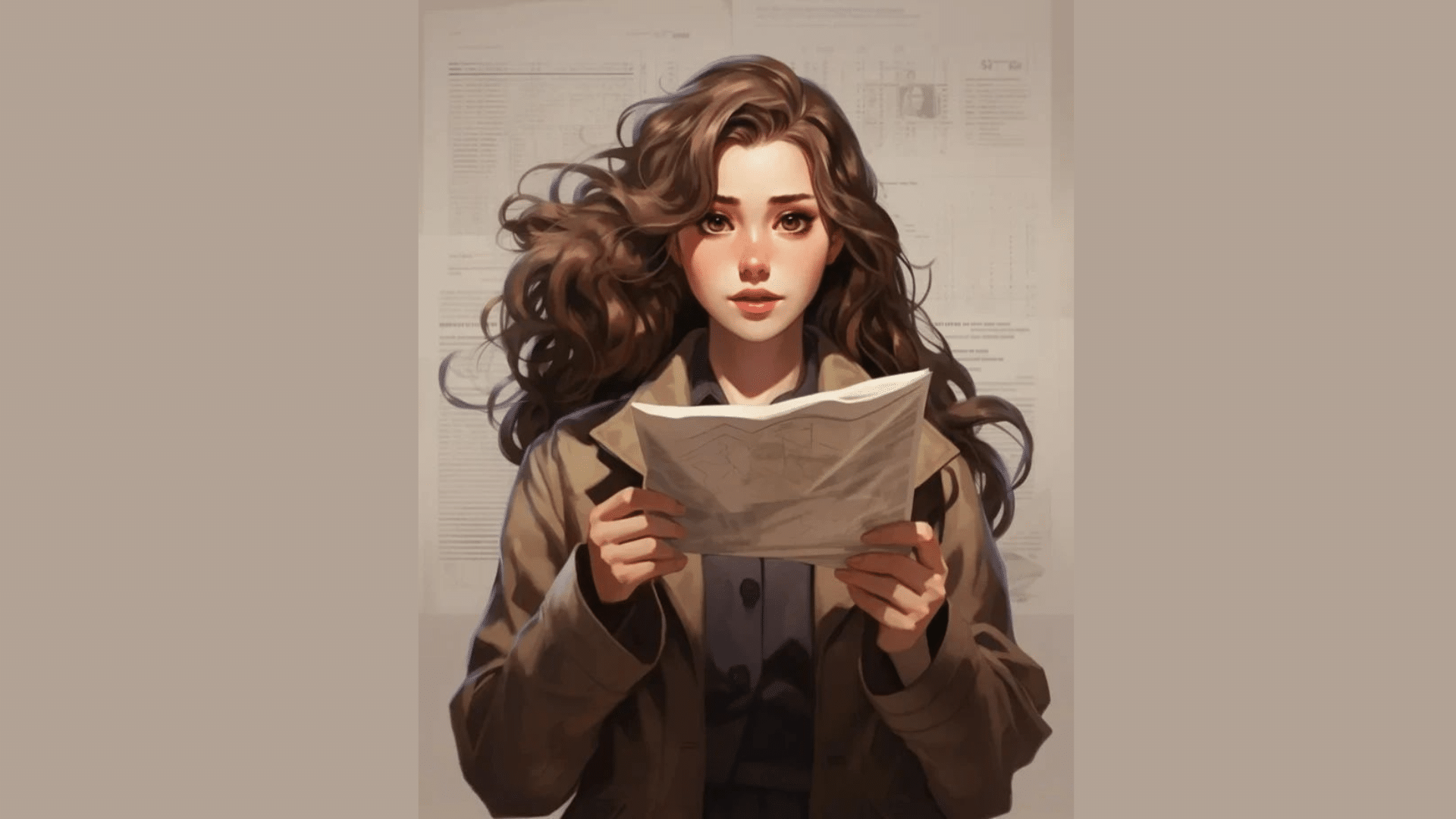
Iris is a determined young woman working as a junior reporter at the Oath Gazette. When we meet her, she’s confined to writing domestic columns but dreams of becoming a war correspondent.
Iris’s character arc revolves around her search for her missing brother, Eli, and her growth as a journalist. She evolves from someone desperately seeking validation through her work to someone who recognizes the power and responsibility that come with storytelling.
Throughout the novel, Iris wrestles with grief over her brother’s disappearance and guilt over their last argument. Her anonymous correspondence with Roman (though she doesn’t know it’s him) helps her process these emotions and begin to heal.
Iris demonstrates remarkable courage and resourcefulness as she uncovers the truth about the gods’ involvement in the war and her brother’s fate. By the end of the book, she has found her voice as a journalist and has discovered unexpected feelings for her professional rival.
Roman Kitt
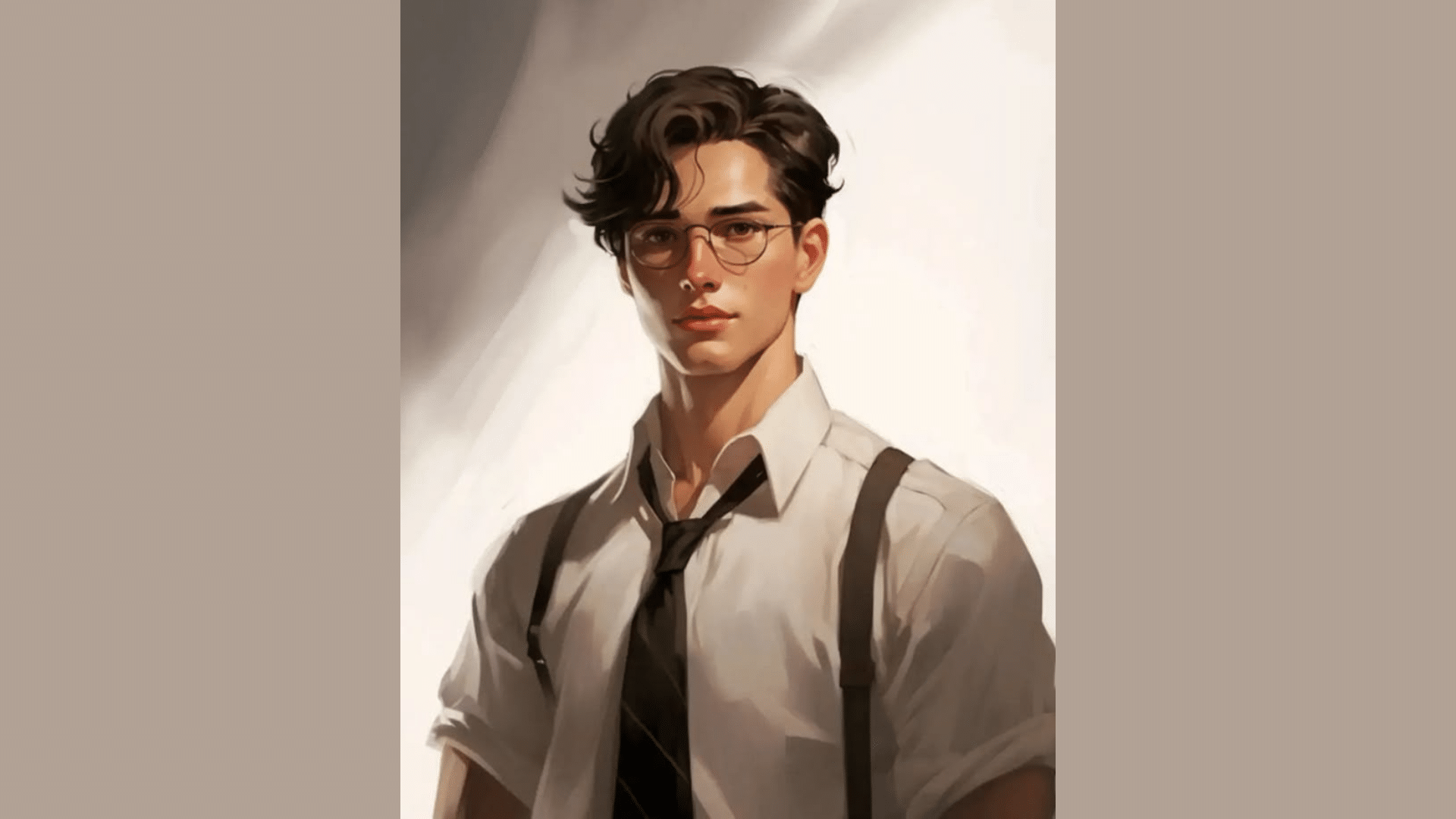
Roman is a talented, enigmatic war correspondent and Iris’s professional rival at the Oath Gazette. His charm and skill make him both admired and resented by Iris.
Roman’s character arc centers on his complicated relationship with the god Attis, who has bound him in service. Despite his outward confidence, Roman carries deep wounds from his past and the burden of his divine contract.
Throughout the story, Roman evolves from a somewhat cynical reporter to someone who risks everything to expose the truth about the gods’ war. His anonymous correspondence with Iris allows him to express vulnerabilities he keeps hidden in his public persona.
By the end of the novel, Roman has confronted the consequences of his bargain with Attis and chosen to stand for truth even at great personal cost, showing significant growth from his initial self-protective stance.
Side Characters in Divine Rivals
The pain of losing someone you love doesn’t go away. But it does change. It becomes a companion instead of an enemy. — Rebecca Ross, Divine Rivals
While Iris and Roman are the central focus, Divine Rivals features several important side characters who enrich the world and advance the plot.
Eli Winnow: Iris’s missing brother, who was a war correspondent before disappearing at the front lines. Though physically absent for most of the story, his presence looms large in Iris’s motivations and choices.
Calla: Iris’s loyal best friend and fellow journalist at the Oath Gazette. She provides emotional support and practical help to Iris throughout her investigation. Calla represents the importance of friendship amidst turmoil.
Webb Acosta: The editor-in-chief of the Oath Gazette who gives Iris her chance with the gossip column. His journalistic integrity and mentorship are important influences on both Iris and Roman.
Mrs. Winnow: Iris’s mother, who struggles with alcoholism and depression after Eli’s disappearance. Her relationship with Iris is strained but evolves throughout the story, showing how grief affects families differently.
Gareth: A photographer at the Oath Gazette who works closely with Iris. He becomes an ally in her search for information about her brother.
Nora: Roman’s sister, who appears in his memories and letters. Their relationship informs Roman’s protective nature and his understanding of familial loyalty.
Helos: Another god in the pantheon whose conflict with Attis drives much of the war’s escalation. He represents the opposing divine forces that make peace seem impossible.
Matthias: A Roman soldier meets at the front lines who provides insight into the human cost of the gods’ war. His personal story humanizes the broader conflict.
Pen and Rhoda: Fellow reporters at the Oath Gazette who represent the competitive but collegial nature of journalism.
These side characters create a rich tapestry of relationships and motivations that extend beyond the central romance, grounding the fantasy elements in relatable human experiences and providing different perspectives on the war between gods.
Understanding Relationships in Divine Rivals
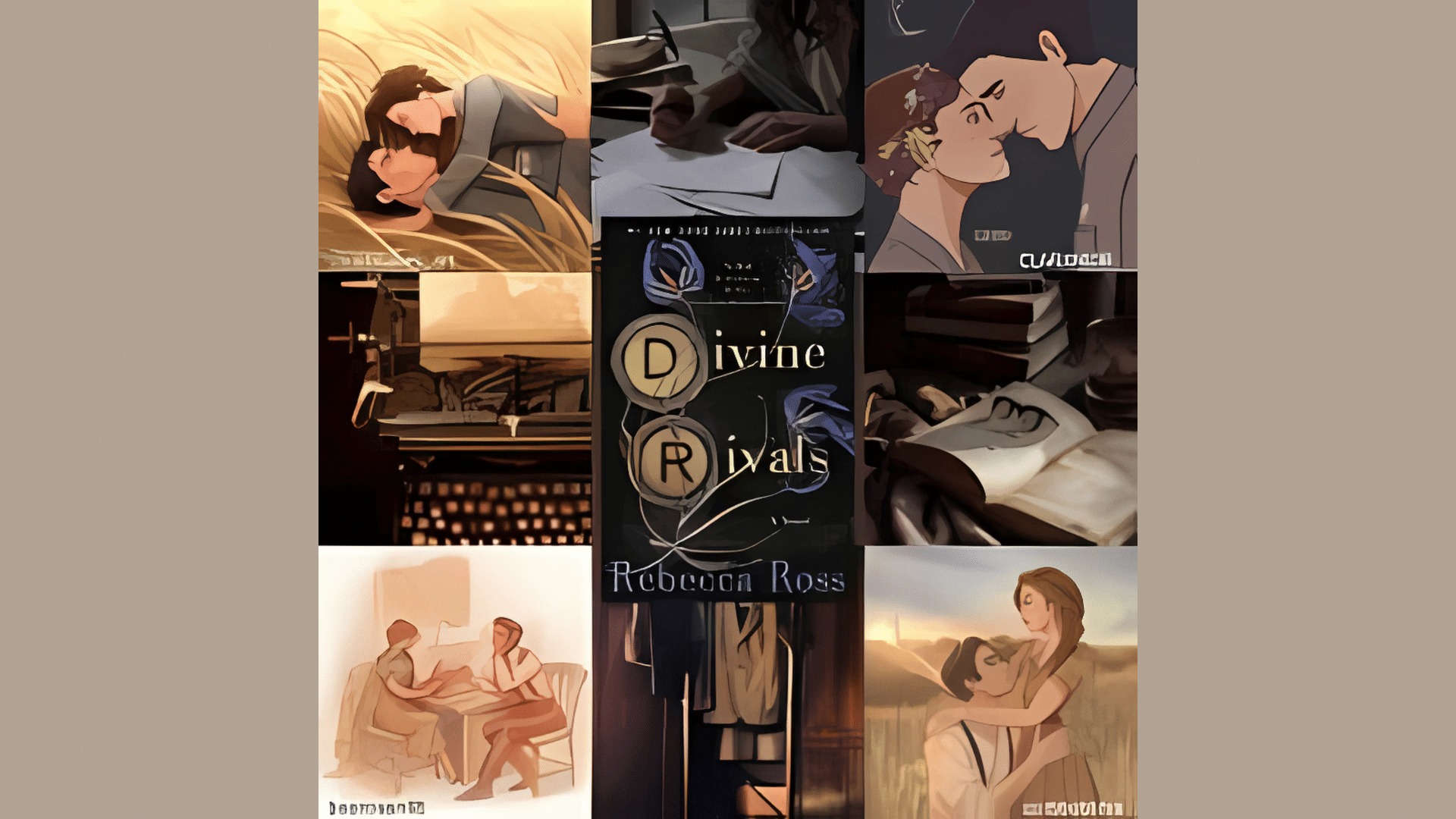
The stars don’t tell a story; people do. They draw the lines between the stars and name them, string them into narratives that make sense of a pointless, twinkling universe. — Rebecca Ross, Divine Rivals
Iris and Roman
The relationship between Iris and Roman forms the emotional core of the story. It begins as a professional rivalry, with each viewing the other as an obstacle to their ambitions.
Their dynamic is complicated by their unknowing connection through the magical typewriters. As anonymous correspondents, they develop an intimate bond, sharing thoughts and feelings they wouldn’t reveal face-to-face. This creates dramatic irony as readers watch them fall in love through letters while maintaining their rivalry in person.
The evolution of their relationship from competitors to confidants (in letters) showcases how people can connect deeply when status and preconceptions are stripped away. The eventual revelation of their identities creates powerful tension and forces both characters to reconcile their different perceptions of each other.
Iris and Eli
Though Eli is missing throughout most of the story, his relationship with Iris drives her actions and emotional journey. Their sibling bond is marked by love, admiration, and unresolved conflict.
Iris’s guilt over their last argument fuels her determination to find him, while her memories of his encouragement give her the courage to pursue her journalistic ambitions. The mystery of his fate creates an emotional thread that runs throughout the narrative.
Their relationship represents how those we love continue to influence us even in absence and how unresolved conflicts can leave lasting impacts that shape our choices.
Roman and Attis
Roman’s relationship with Attis exemplifies the dangerous power imbalance between mortals and gods. Bound by a contract that limits his freedom, Roman must navigate Attis’s demands while trying to maintain his integrity.
Their dynamic is one of reluctant service and manipulation, with Attis using Roman’s past vulnerabilities to control him. Roman’s struggle to break free from Attis’s influence forms a significant part of his character arc.
This relationship explores themes of free will versus destiny and the cost of bargains made in desperate moments.
Iris and Her Mother
Iris’s relationship with her mother is strained by grief and different coping mechanisms. Mrs. Winnow turns to alcohol after Eli’s disappearance, while Iris throws herself into work and the search for her brother.
Their interactions are marked by frustration and misunderstanding but also by underlying love and shared pain. As the story progresses, they begin to find ways to communicate and support each other despite their differences.
This relationship highlights how grief can both divide and eventually reunite families and the work required to bridge emotional gaps.
Genre and Themes in Divine Rivals
We were all creatures of appetite, desperate for something to fill the hollow beneath our ribs. All of us trying to eat the world before it ate us. — Rebecca Ross, Divine Rivals
Divine Rivals combines elements of fantasy, romance, and historical fiction. It creates a world with early 20th-century aesthetics—complete with typewriters, newspapers, and wartime journalism—while incorporating magical elements and divine beings. The novel can be classified as a fantasy romance with strong epistolary elements, as much of the emotional development occurs through written correspondence.
The major themes in the book include:
The Power of Words: Throughout the novel, words serve as both weapons and healing tools. Journalism can expose truth or spread propaganda, while personal letters can bridge emotional distances. The magical typewriters physically manifest the idea that words connect people across boundaries.
Divine Intervention vs. Human Agency: The story explores how mortals maintain agency in a world where gods actively interfere. Both Iris and Roman must navigate divine influence while making their own choices, raising questions about free will in a world with powerful supernatural beings.
Love Growing from Rivalry: The enemies-to-lovers trope is central to the romance, showing how initial antagonism can mask a deeper connection. The novel explores how people’s public personas often differ from their private selves and how true intimacy requires vulnerability.
War’s Impact on Society: Through its fantasy lens, the novel examines how war affects both individuals and communities. Journalists like Iris and Roman serve as witnesses to suffering, raising questions about the ethics of reporting on tragedy and the responsibility to tell difficult truths.
Grief and Coping Mechanisms: Different characters demonstrate various ways of processing loss—from Iris’s determined investigation to her mother’s retreat into alcoholism. The story shows how grief can both paralyze and motivate, sometimes simultaneously.
Truth and Propaganda: In a war influenced by gods, information becomes a battleground. The novel explores how journalism can either serve power or challenge it, and the personal courage required to report honestly in dangerous times.
Readers’ Ratings and Reviews
Rage and love weren’t such different emotions. They both burned. They both consumed. — Rebecca Ross, Divine Rivals
Divine Rivals has received enthusiastic reviews from readers who appreciate its unique blend of fantasy, romance, and epistolary elements:
• The magical typewriters and anonymous letter exchanges create such a beautiful slow-burn romance. Watching Iris and Roman develop feelings for each other through words while remaining rivals in person was masterfully done. -Goodreads user, 5-star review.
• Ross’s worldbuilding is exceptional—a fantasy world with 1920s vibes, complete with newspapers, typewriters, and gods walking among humans. The journalism backdrop gives the fantasy elements a fresh context. -BookTok reviewer.
• The enemies-to-lovers-to-? The journey of Iris and Roman had me completely invested. Their chemistry leaps off the page, especially in their letter exchanges. -Amazon customer, 5-star review.
• Divine Rivals handles themes of grief and loss with surprising depth for a fantasy romance. Iris’s search for her brother and Roman’s complicated past add emotional weight to the magical elements. -Goodreads user, 4-star review.
What sets this book apart is its innovative magic system centered around writing and communication, its journalism setting that provides a different framework for a fantasy story, and the effective use of dramatic irony in the anonymous correspondence between rivals.
Book Recommendations If You Liked Divine Rivals
I think this is what writing does to us—it saves us in certain ways. — Rebecca Ross, Divine Rivals
If you enjoyed Divine Rivals, here are some excellent recommendations:
• Ruthless Vows by Rebecca Ross (the sequel to Divine Rivals)
• The Ex Hex by Erin Sterling
• Fourth Wing by Rebecca Yarros
• A Far Wilder Magic by Allison Saft
• The Atlas Six by Olivie Blake
Conclusion
Divine Rivals offers readers a rich cast of characters navigating a world where journalism, magic, and divine powers intersect. Through Iris and Roman’s journey, we witness how rivals can become something more when they connect through the written word.
The characters’ struggles with divine powers, professional ambitions, and personal losses create a story that balances fantasy elements with relatable emotional conflicts.
Each character, from determined Iris to complex Roman to the manipulative god Attis, brings a unique perspective to this tale of war, words, and unexpected connection.
Suppose you enjoy character-driven fantasy with romantic elements, complex divine politics, and the power of words as a central theme. In that case, the characters of Divine Rivals will captivate you from the first page to the last.
More from The Author
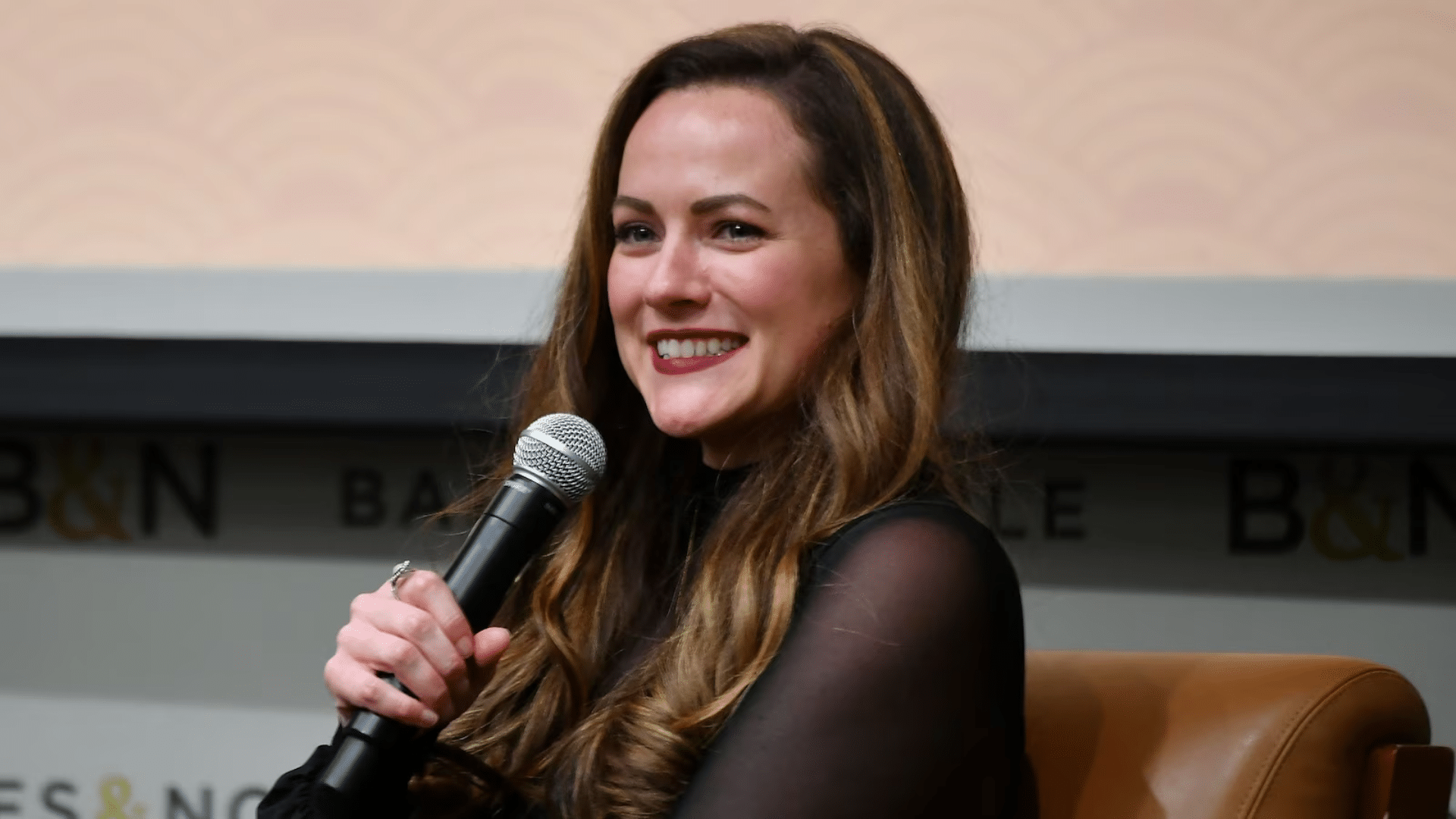
Rebecca Ross has a way of creating deep, magical worlds with strong, complex characters, and each of her books offers a new, thrilling experience.
Whether you’re interested in faeries, assassins, or new magical worlds, her books are sure to keep you hooked!
Rebecca Ross’s other works include:
• Ruthless Vows (sequel to Divine Rivals)
• The Queen’s Rising series
• Dreams Lie Beneath
• Sisters of Sword and Song
• The Elements of Cadence duology


